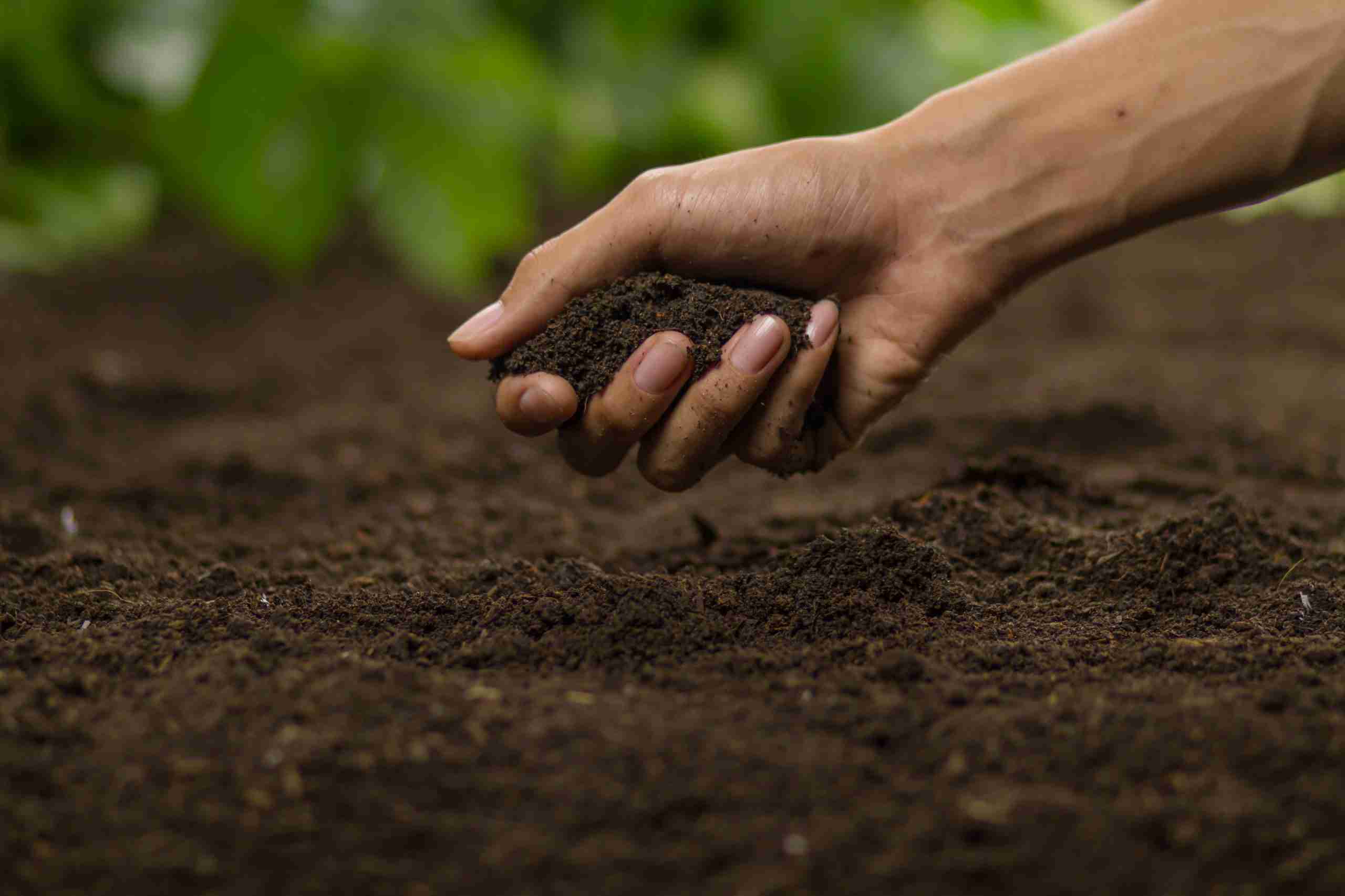If you have ever owned a garden or planted a seed, you will know that soil is an important part of plant life and our ecosystem. It purifies water, prevents drought and houses plants. Soil quality impacts plant health in many ways. Soil holds plant roots and supplies and stores the necessary microorganisms, water and nutrients required to sustain healthy long-term plant growth. Soil also protects plants against pests and diseases.
Healthy soil has good structure, texture and an abundance of microorganisms and nutrients like nitrogen, phosphorus, potassium, calcium, and magnesium that support healthy plant growth. Soil can get damaged from heavy foot traffic, improper tillage and excessive use of chemicals. Damaged soil will impact the quality and quantity of plants produced.
To understand the impact of soil quality on plants, here are four soil factors that impact plant health:
Soil Texture
Soil is made up of a combination of clay, sand and silt. The proportion of each of these particles affects the nutrient availability in the soil, and how well the soil retains water and allows plant roots to grow. Loamy soil has an equal proportion of all three particles and is one of the best soil types for growing plants because it has good water retention.
Soil Structure
Soil structure refers to how the soil particles are arranged in the soil. Soil particles group together to form pores and spaces that promote air circulation in the soil, and allow the plant roots to grow. Soil structure also affects how many nutrients travel from the roots to the leaves.
Soil pH
Soil pH determines how much nutrients are available in the soil. Soil can have a pH between 3.0 and 10.0, which describes its level of acidity and alkalinity. If the soil pH is too high or too low, it will affect the amount and type of nutrients plants get from the soil. Some plants grow better in slightly acidic soil because it allows them to absorb more nutrients.
Soil Biology
Soil contains different microorganisms, like bacteria, fungi, and viruses. It also houses larger organisms like insects and earthworms. These organisms are very important for maintaining healthy soil because they decompose dead plants and animals and release those nutrients in the soil. Some bacteria can also convert nutrients in the atmosphere to forms that can be used by plants. If the diversity or quality of microorganisms in the soil is affected, plants are unable to get the nutrients that need to fight diseases and develop properly.
Plants need the right environment to grow, and the right soil texture, pH, structure and biology make the right environment. Soil Kings offers soil products that can improve soil quality and the health of your plants. Contact us today!




